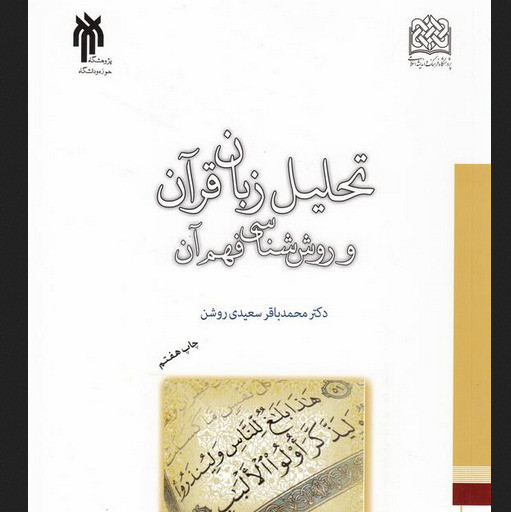Mohammed Baqir Saidi Roshani
Prologue
Language, in the sense of capacity to speak and convey the hidden meanings as well as inaccessible truths through words, is specific to human beings. Along with other capacities such as a faculty to perceive truths and do voluntary actions, this one makes human beings addressees of the God’s Legislative Revelation. Revelatory religion is a series of propositions and Divine teachings sent down to perfect man’s knowledge of the nature of universe and human beings, and optimize his internal and external relations aimed to exaltation.
Reflection upon the language of religious texts and ways to understand various propositions provided in these texts may be regarded as long-standing concerns of religious figures and those who study religions. In the modern age and in particular after Renaissance when critical studies of Jew-Christian Scriptures began, this point found an even more importance. Internal difficulties of the two Testaments, religious beliefs originated from these texts, and generalization of empirical, epistemological methodology as well as emergence of new philosophies are serious challenges facing the issue of “the language of religion” and understanding this language in the West. Views such as denial of meaninglessness of religious propositions, pure functionalism, symbolism, and critical realism towards the language of religion, negligence of the author’s intention and the contents of text, and to think of the meaning as being dependent on the reader’s mentality are among results of these conditions and intellectual period.




